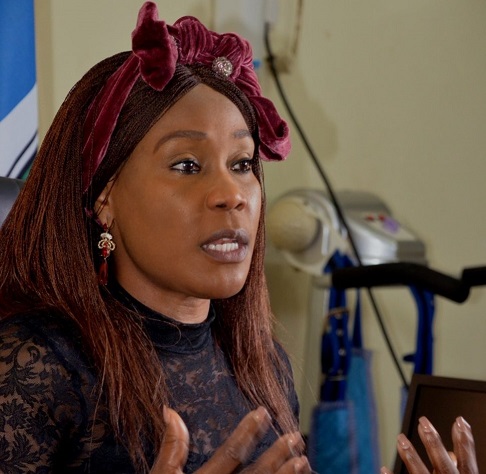National Agency for the Prohibition of Trafficking in Persons (NAPTIP) says about 20,000 trafficked girls from Edo and Delta are currently in Mali for prostitution.
Mr Nduka Nwanwenne, the Benin Zonal Commander, NAPTIP, disclosed this on Thursday at Okpekpe, Etsako East Local Government Area of Edo, during the “I’m not for Sale” campaign in the area.
Nwanwenne said that though human trafficking was a global issue, recent statistics revealed that it was more prevalent in Edo and Delta.
The zonal commander in charge of Edo and Delta, also said though there were other reasons for human trafficking, prostitution was the most common.
He said that since 2004 when NAPTIP was established in the state, about 50 ladies of Etsako extraction had been returned to Nigeria from other countries .
Read Also: JUST IN: Policeman arrested for killing man in Enugu
Nwanwenne further disclosed that organ harvesting was the latest angle to human trafficking.
He said that in view of this, there was need for protection of the children and youths.
The zonal commander who also said human trafficking occurred internationally and locally, revealed that in the next few weeks, the agency would raid suspected hotels in the state where the act took place.
He said the agency had beamed its searchlight on hotels in the zone for some time now and had a list of suspected ones.
Meanwhile, Mrs Blessing Eshilama, the Ughwuede of Okpekpe and NAPTIP’s partner on the sensitisation programme, said that trafficking in women was a new form of slavery.
Eshilama also said that extant literature had shown that human trafficking in the country thrived as a result of deep-rooted system failure.
She stressed that there was urgent need to prevent human trafficking and sexual exploitation of youths and children, especially girls.
“The life of every Okpekpe son and daughter matters; no Okpekpe indigene should fall for the tricks these human traffickers employ,” she said. (NAN)

